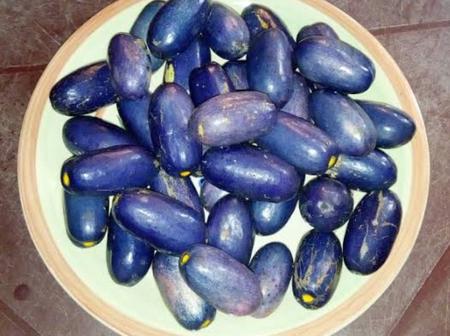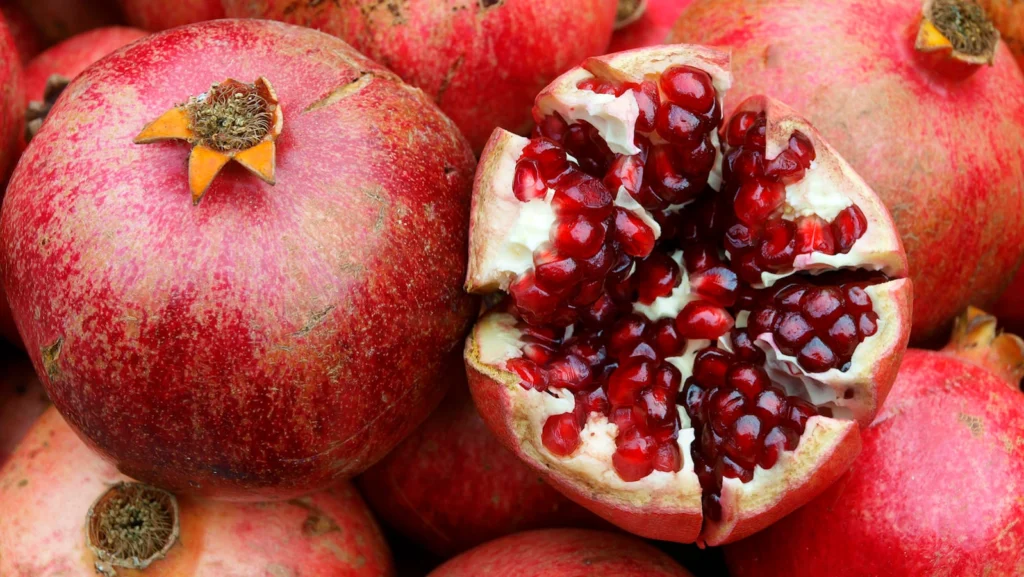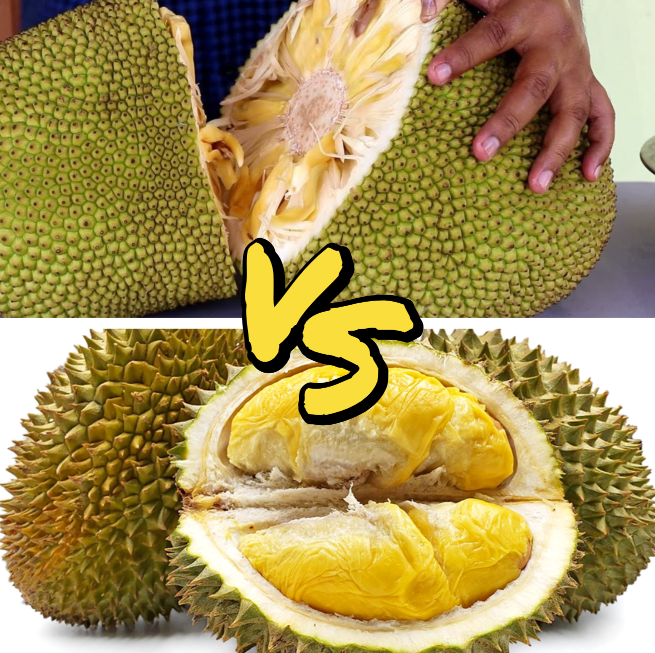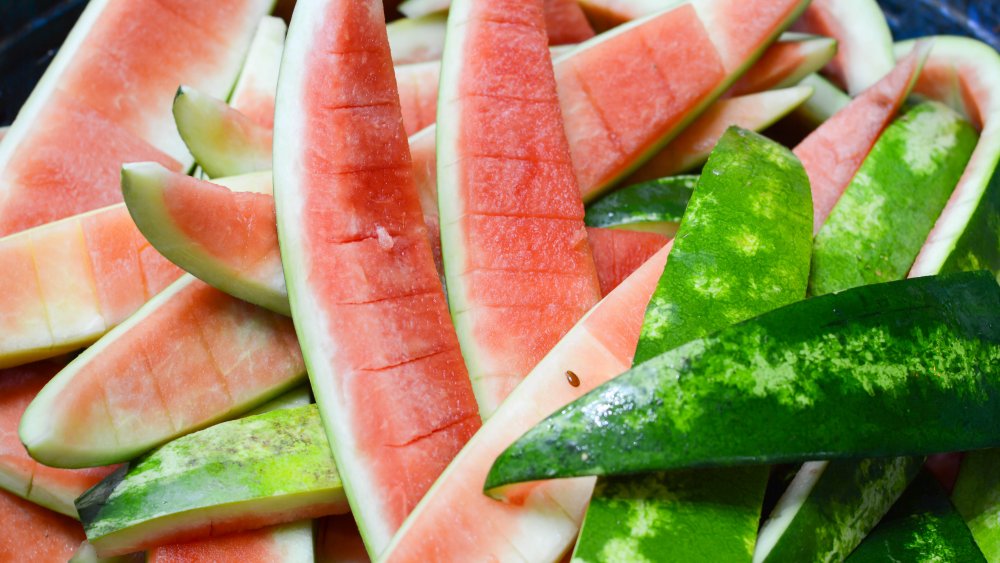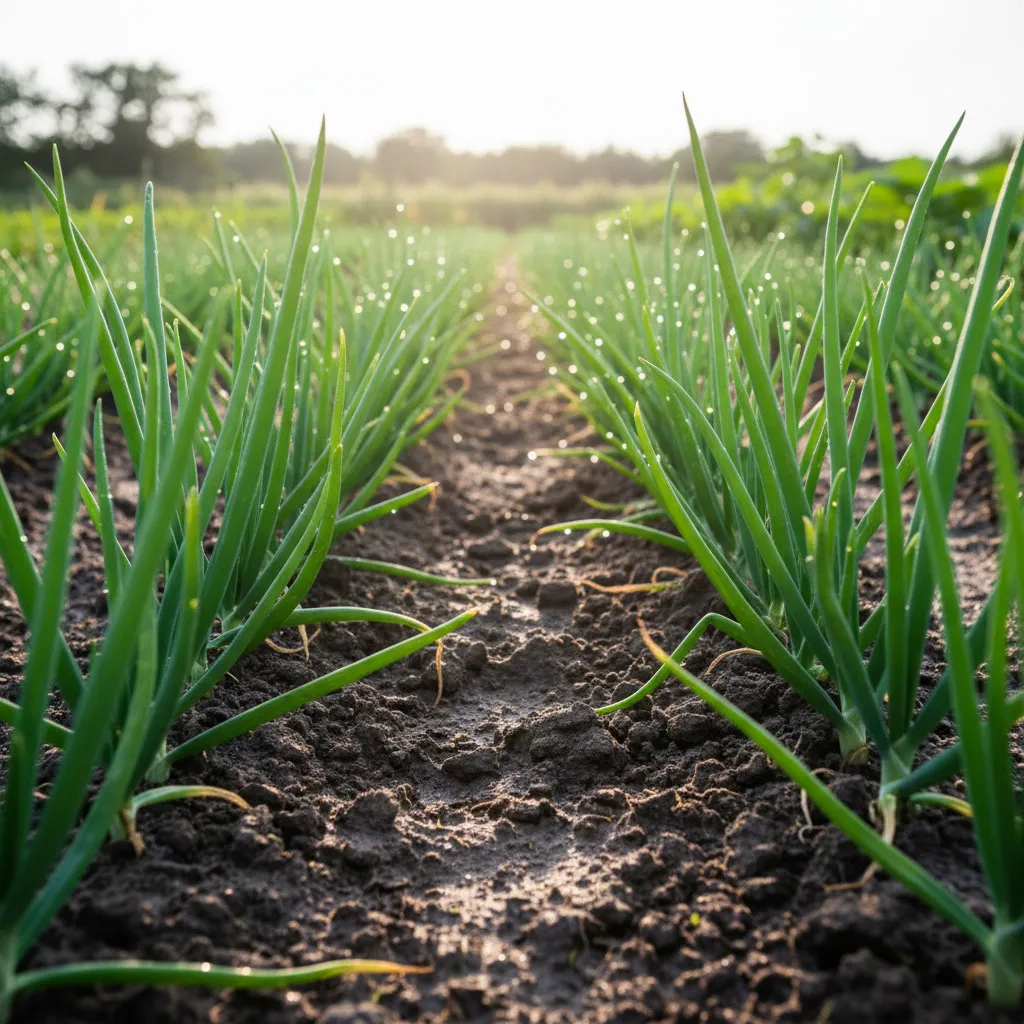When you think of fruits from the tropics, pineapples are likely one of the first that pop into your head. Their spiky tops and sweet yet tart taste make them a favorite around the globe. But what exactly makes a pineapple a tropical fruit? Let’s find out.
In this guide, we’ll discover what tropical fruits are, dive into pineapples’ tropical lineage, highlight their health benefits, share ways to use them in cooking, and toss in some fun pineapple trivia for good measure.
Table of Contents
- Defining Tropical Fruit
- So, Is Pineapple Really Tropical?
- Pineapple’s Awesome Origins
- What Makes Pineapple Tropical?
- The Nutrients Packed in Pineapple
- Pineapple’s Health Benefits
- Pineapple in the Kitchen
- Fun Recipes with Pineapple
- Picking a Perfect Pineapple
- Keeping Pineapples Fresh
- Did You Know? Pineapple Trivia
- Conclusion
- FAQs
- Can pineapples be grown outside of tropical regions?
- Is canned pineapple as nutritious as fresh pineapple?
- Are there any health risks associated with consuming pineapples?
- Can pineapple juice be substituted for fresh pineapple in recipes?
- How do I cut a pineapple properly?
Defining Tropical Fruit
A tropical fruit is one that grows in the warm, moist climates around the Earth’s equator. The weather there is usually hot with lots of rain, perfect for fruit-bearing trees to flourish all year round. Alongside pineapples, the tropical fruit family includes mangoes, papayas, and bananas.
These fruits stand out with their eye-catching colors, rich tastes, and wonderful smells. They’re usually very juicy and sweet, with a texture that can be either soft or dense, and they’re loaded with vitamins, minerals, and antioxidants.
So, Is Pineapple Really Tropical?
The pineapple definitely earns its tropical badge. This yummy fruit originally hails from South America — think Brazil and Paraguay areas. From there, pineapples spread to other tropical places such as the Caribbean, Hawaii, and parts of Southeast Asia, and today, they are grown in many tropical and subtropical places across the world.
Pineapple’s Awesome Origins
The scientific name for the pineapple is Ananas comosus, and it’s part of the bromeliad plant family. Pineapples grow from a central stalk with long, pointy leaves sticking out. The pineapple fruit is actually made up of a bunch of berries that are fused together, which explains its unique look and texture.
What Makes Pineapple Tropical?
Pineapples are textbook tropical for a few reasons. They grow best in temperatures of 75°F to 85°F (24°C to 29°C) and love soaking up the sunshine. They also prefer to live in well-drained soil and can handle a lot of humidity — exactly what you’d find in a tropical environment.
The Nutrients Packed in Pineapple
Pineapples are not just tasty; they’re really good for your health, too. They are full of vitamin C, manganese, and vitamin B6, while being low in fat and calories. Enjoying some pineapple is a delightful way to stay healthy.
Pineapple’s Health Benefits
The perks of eating pineapple go even further. It contains a special enzyme called bromelain, which is thought to help with inflammation, digestion, and boosting your immune system. The high vitamin C content also acts like an antioxidant to defend your body from damage and keep your immune system strong.
Pineapple in the Kitchen
Pineapples can do so much more than be eaten as a snack. Their sweet, tangy flavor is great in salads, smoothies, and desserts, as well as savory recipes. You can grill them, bake them, juice them, or add them to salsas, curries, and stir-fries. They bring a nice tropical flair to any dish.
Fun Recipes with Pineapple
- Caramelized Grilled Pineapple with Cinnamon
- Classic Pineapple Upside-Down Cake
- Tropical Hawaiian Pizza with Sweet Pineapple
- Fresh Pineapple Salsa
- Sweet and Sour Chicken with Pineapple
Picking a Perfect Pineapple
To choose a ripe pineapple, focus on its looks and feel. It should have bright green leaves and a solid body, and it should smell sweet at its base. Skip the pineapples with dry leaves or ones that smell overly sour. A good pineapple will feel firm but give in a little when you press it.
Keeping Pineapples Fresh
If you want your pineapple to last, you can keep it on the counter for a couple of days or in the fridge if you’re not ready to eat it right away. Once you’ve cut it, seal it in a container to keep its taste and stop it from picking up other smells. You can also freeze pieces for a cool snack or to use in smoothies.
Did You Know? Pineapple Trivia
- The pineapple got its name because it looks kind of like a pinecone.
- In the past, pineapples were a sign of wealth and welcoming.
- The very first pineapple plantations started in Hawaii in the 1800s.
- Plants can bear fruit repeatedly over several years, usually producing one pineapple at a time.
Conclusion
Pineapple is definitely a fruit from the tropics. It comes from South America and is grown in warm regions all around the world, showing it loves tropical climates. Pineapple isn’t just yummy, it’s packed with good nutrients and health benefits, too.
This sweet fruit adds a special taste to both savory meals and delicious sweets. The next time you eat some pineapple, remember you’re getting a taste of tropical paradise.

